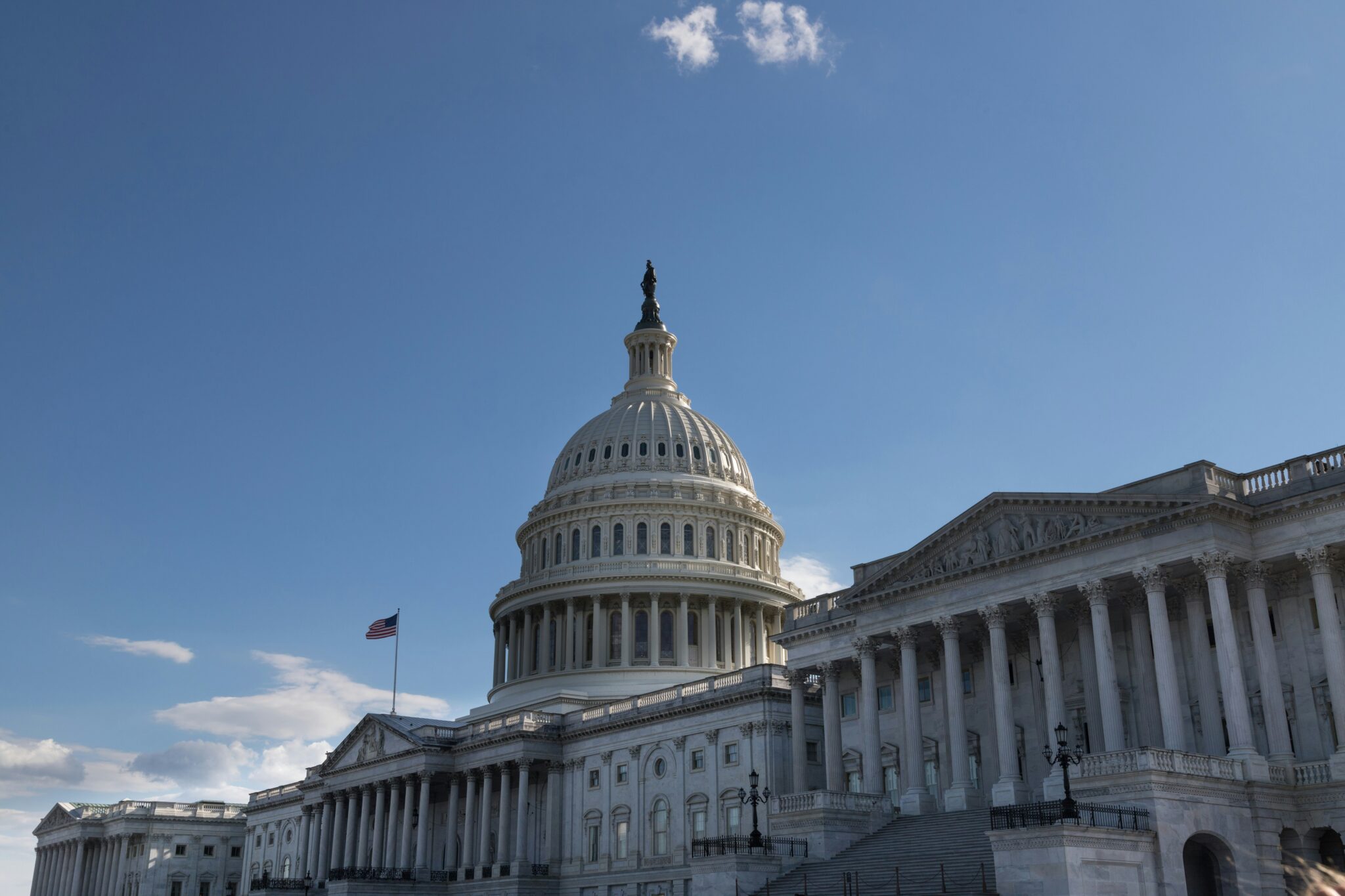Taxpayers for Common Sense President Ryan Alexander will be testifying before the Committee on Oversight and Government Reform on Tuesday, February 5, 2013, at 1:00 p.m. in room 2154 Rayburn House Office Building. The hearing is on ways the federal government can begin to address waste, fraud and abuse in government spending through both specific agency and programmatic actions and broader structural and reorganizational efforts.
See the full written testimony here.
Oversight and Government Reform Committee Chairman Rep. Darrell Issa (R CA-49) states that the Committee's mission is, “To secure two fundamental principles. First, Americans have a right to know that the money Washington takes from them is well spent. And second, Americans deserve an efficient, effective government that works for them.” Discussing the purpose for the upcoming hearing Rep. Issa wrote on the Committee website that, “Time is running out for the countless Americans who will lose access to important government services if a real solution is not reached. We need resolve from both parties and the president to do what is right on an issue that transcends ideological differences or political parties. I do not care where you fall on the political spectrum: if you have an idea to reform government so it is more efficient and more effective, this Committee needs to hear it. What we have here today is a diverse panel of witnesses who are approaching this question from a broad range of perspectives. We may not all agree, but this is exactly the kind of discussion we need to be having if we are going to get serious about fixing this problem.”
The panel at the hearing includes Ryan Alexander, President, Taxpayers for Common Sense, Thomas A. Schatz, President, Citizens Against Government Waste, The Honorable Dan G. Blair, President, National Academy of Public Administration, and Jonathan M. Kamensky, Senior Fellow, IBM Center for the Business of Government.
Ryan’s testimony will touch on a wide array of federal spending, including:
-
General Budget: Acquisition is a major challenge for federal agencies. In the last decade there has been a litany of high profile acquisition failures. A common thread of these acquisitions was the government did not know how to meet project needs and had rely on contractors to identify them. Admiral Korn, who is in charge of acquisition for the U.S. Coast Guard has observed, “In the end, the general consensus is that we ceded too much responsibility to the contractor, including some functions that should have been reserved for government employees.”
-
Defense: Considering Pentagon spending takes up more than half of the discretionary budget, it seems appropriate to begin there. The Department of Defense (DOD) purchases more than $400 billion of goods and services it buys every year. DOD released last November the 2.0 version of its 'Better Buying Power' contracting reforms, which took on many valuable targets such as lack of competition, but fell short by focusing on fixed-price contracts that previous reforms adopted. A much tougher line must be taken in order to rein in the department’s chronic spending problems.
-
Natural Resources: Oil companies continue their decade long trend of raking in billions in profits, but the federal government continues to provide generous subsidies, many of which have been on the books for nearly a century, to the industry. One of the largest giveaways to the oil and gas industry is the mismanagement and under collection of royalties which has been highlighted by the GAO in several reports and recently added to their high risk list in 2011.
-
Energy: The Title XVII Loan Guarantee program has grown to include coal, biofuels, transmission, energy efficiency and renewable projects. The program carries extremely high taxpayer risk, potentially jeopardizing billions of taxpayer dollars if energy project loans default. Over the course of the program’s six year life, the few taxpayer protections originally provided have not increased but been slowly eaten away.
-
Agriculture: Outdated, ineffective, and duplicative agricultural policies waste billions of dollars each year to the detriment of taxpayers, consumers, and agriculture as a sector by making it less competitive, resilient, and accountable for its impacts. Perhaps no subsidy is more absurd than direct payments—which send more than $5 billion a year to owners of farm land simply because that land used to produce subsidized crops. While the House and Senate Agriculture Committees have finally acknowledged the need to end this egregious entitlement, they propose squandering most of the savings creating other unnecessary subsidies, namely expanded crop insurance and duplicative “shallow loss” programs that are designed to crowd out private sector risk management options and shift even more risk onto taxpayers.
-
Infrastructure: The Corps of Engineers Civil Works program suffers from a lack of prioritization for its funding. Up until the earmark moratorium, the prioritization and guidance came from the project-by-project funding in annual appropriations. Congress needs to substitute merit or competitive or formula processes for allocating federal funds that have transparent and accountable metrics and criteria. This will reduce the justification and perceived need for earmarks to prevent future backsliding.
-
Transportation: In just five years, Congress has transferred more than $50 billion from the Treasury to backfill the nation’s Highway Trust Fund. The federal gasoline tax – used to pay for our roads, bridges, and transit systems – falls far short of raising adequate revenue to meet the nation’s transportation demands. One of the primary reasons for this is that the gasoline user fee has remained static for two decades decreasing its purchasing power.
-
Taxes: Virtually every major analysis in recent memory of the nation’s tax system has recommended eliminating virtually all income tax expenditures and using the revenue to lower tax rates and reduce deficits. Simpson-Bowles called for the elimination of more than 75 special subsidies for different industries in order to “create an even playing field for all businesses instead of artificially picking winners and losers.” Ways and Means Committee Chairman Camp and Budget Committee Chairman Ryan have made similar suggestions.
- Emergency spending: Recent concerns of Superstorm Sandy-related emergency spending brought into bright relief the issues around the nation’s approach to disasters. The desire to provide robust funding after a major event is understandable, but the ad hoc, scattershot approach creates an opportunity for waste, fraud, and abuse. Worse, in too many cases the money doesn’t actually alleviate the risk of future disaster spending, but actually puts people and infrastructure back in harm’s way.
In 2011, Ryan testified before the same committee, detailing opportunities to save tax dollars, enhance revenue, and reduce our deficit and debt. View Ryan Alexander's 2011 Testimony here, and check back later today for a link to video and testimony from today's hearing.
See the full written testimony here.










